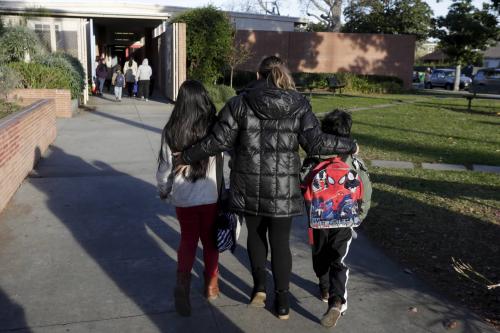Efforts to provide affordable housing in America are occurring at a time of greater local devolution and changing demographic and market needs. Since the 1980s, the federal government has increasingly devolved the responsibilities of designing and implementing affordable housing programs to state and local housing agencies, the development community, and community groups. In response, state and local leaders have created and tested myriad housing strategies. Yet, the affordable housing crisis worsened in the 1990s, seemingly unaffected by the strong economy. And housing needs have become more complex as market and demographic trends in our metropolitan areas have created sprawling jobs-housing patterns and greater demand for affordable housing from working families and immigrants living in the cities and suburbs.
To help inform state and local efforts to find fresh solutions to today’s affordable housing challenges, Brookings Metropolitan Policy Program and the Urban Institute Center on Metropolitan Housing and Communities have joined forces to examine the effectiveness of seven decades of major affordable housing approaches in achieving important community-wide goals.
The project, funded by the John S. and James L. Knight Foundation, includes a comprehensive literature review of the effectiveness of key housing programs and a summary of the main lessons for local stakeholders as they craft effective affordable housing strategies.


